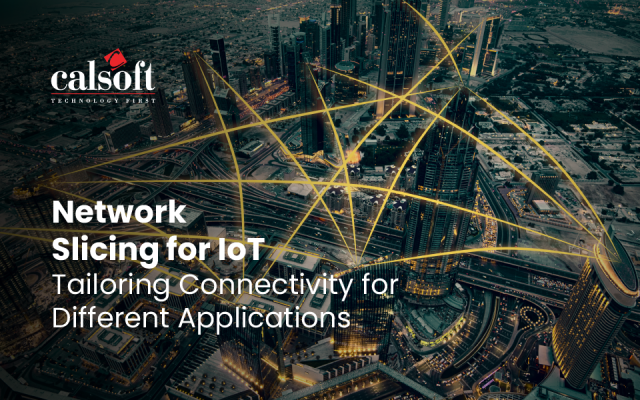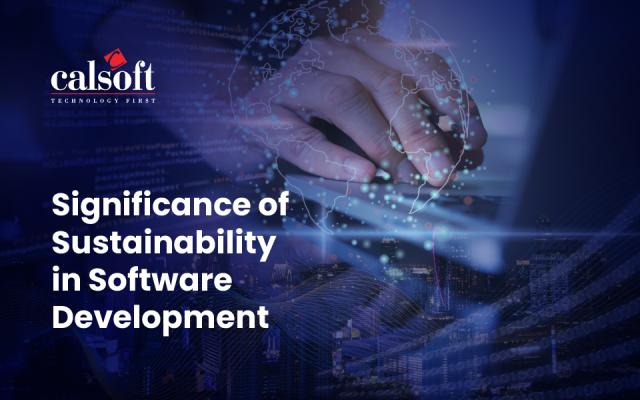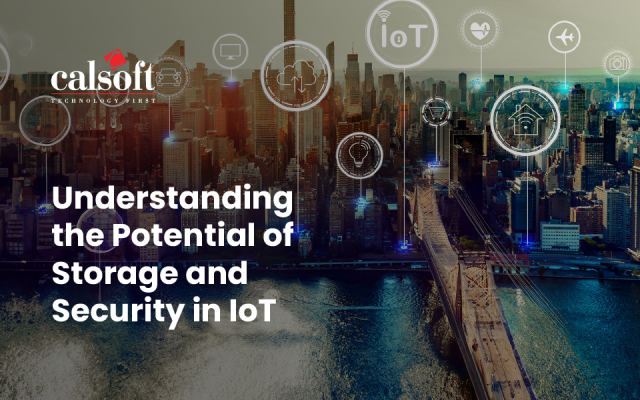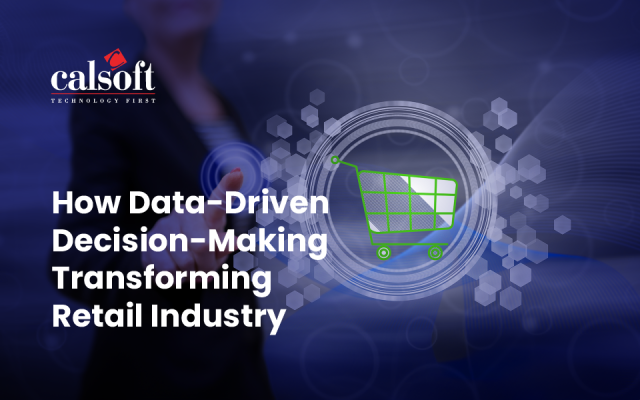Latest Tech Blogs

The Impact of DevSecOps on Product Security
The significant effect that DevSecOps has on product security, emphasizes how proactive and cooperative it is in integrating security into the development process. In building a robust security posture, it examines the critical responsibilities that developers, security teams, operations teams, collaboration specialists, and automation experts play. The blog discusses best practices including automated security testing and continuous monitoring, addressing issues like cultural resistance, complicated integration, and competence gaps. Additionally, it foresees developments in cloud-native security, improved container security, DevSecOps as a Service, and AI and ML integration. Adopting DevSecOps is not just a requirement but also a choice for businesses looking to improve product security against constantly changing cyber threats in today’s dynamic digital ecosystem. Read our blog to get more details.

Network Slicing for IoT: Tailoring Connectivity for Different Applications
Network slicing is a transformative concept in the realm of IoT, where diverse applications with changing needs exist. Network slicing supports dynamic resource sharing according to the specific technical requirements of each application, optimizing the use of network infrastructure and enhancing overall efficiency. Network slicing for IoT brings immense potential to steer innovation, improve operational efficiency, and unlock new use cases across various industries. Read the blog to explore the significance of network slicing to tailor connectivity for diverse IoT applications.

Significance of Sustainability in Software Development
The significance of sustainability in software development, emphasizes the environmental impact of the IT sector. Sustainability in software development describes the idea of “green coding,” emphasizing energy-saving techniques, for mitigating environmental harm, and ensuring the long-term sustainability of software systems. The inclusion of sustainable practices into the development processes, helps developers to create software that realizes a more sustainable future. Read the blog to explore the significance of sustainability in software development and the advantages of green coding.

Technical Documentation Review and Tips
Technical reviews are vital for effective and quality documentation. To make this happen, have documentation and its reviews listed as one of the deliverables – just like development or testing. This will place priority on the process, and ensure everyone involved understands the importance of proper and thorough reviews.

Unlocking Business Growth: The Power of Customer Experience Engineering (CXE)
Customer Experience Engineering (CXE) is an important strategy to underpin fast business growth and success. Unlike, conventional customer service, CXE focuses on establishing unique and differentiated experiences at every touchpoint of the customer journey. In today’s competitive landscape, CXE helps enterprises to unlock new business opportunities. Read the blog to explore the significance of CXE in business growth.

Understanding the Potential of Storage and Security in IoT
The potential of storage and security in IoT plays a significant role in transforming industries and the lives of people. However, tackling challenges such as data isolation, interoperability, and scalability will be essential in underpinning this potential. To embrace the full potential of storage and security in IoT involves a holistic method, incorporating technological advancements with comprehensive tactics. Read the blog to understand the potential of security and storage in the IoT ecosystem, its challenges, and keyways to overcome them.

How Data-Driven Decision-Making Transforming Retail Industry
Data-driven decision-making is reforming the retail industry by providing valuable insights obtained from vast amounts of data to optimize operations, enhance customer experiences, and steer business growth. Retailers are using data analytics to understand customer behavior, preferences, and market trends and demands, supporting to adapt offerings and marketing strategies effectively. Read the blog to explore how big data analytics transforms the retail industry to drive business and revenue growth.

The Rise of Decentralised Computing: How Smart Edge Transform Industries
Edge computing is a key component of the decentralization movement in the tech sector, igniting a revolution in diverse industry verticals. The extensive adoption of IoT has necessitated the shift to more agile, scalable, decentralized computing networks. A new era of applications is being accompanied by edge computing, which is transforming operations and customer experiences in smart cities, healthcare, manufacturing, retail, automotive, and more. Read the blog to learn about how edge computing will transform the industry verticals in the future.

Sustainability as a Strategic Imperative in Product Engineering
Sustainability has emerged as a strategic imperative in product engineering, steering enterprises to integrate environmental, social, and economic considerations into their product development processes. This paradigm shift is fueled by increasing customer demand for eco-friendly products, regulatory pressures, and the recognition of the long-term business benefits of sustainability. Read the blog to understand the significance of sustainability in modern product engineering.

Importance of System Integration in Next-Generation Telecom Networks
The telco sector is evolving, and the significance of system integration cannot be overplayed in the industry. The next-generation networks are ever more complex, including diverse technologies like 5G, IoT, cloud computing, and more. To ensure reliable and high-quality services, seamless system integration becomes the cornerstone. Integration ensures that distinct components and services work harmoniously, stimulating efficient communication and streamlined operations. It facilitates the interconnectivity of various subsystems, enabling real-time data exchange, advanced service delivery, and enhanced end-user experiences. Read the blog to explore the significance of system integrators in telecom industry.
